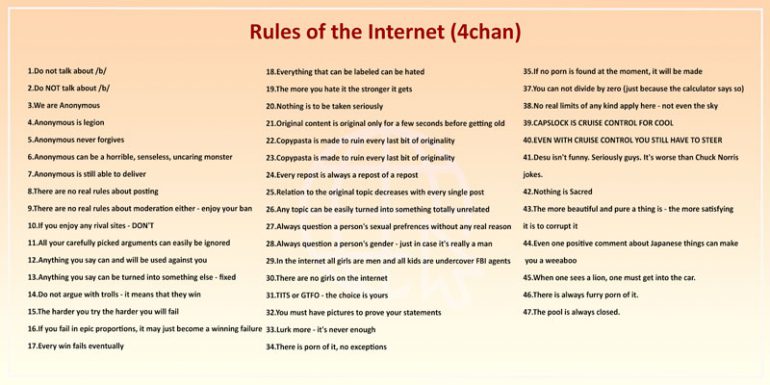The NBA Playoffs, a theater of high drama and higher stakes, frequently serve up narratives that are as compelling as the action on the court. One such narrative often materializes when a team, holding a commanding series lead, falters in Game 6 on their home court. Take, for instance, the recent Eastern Conference battle where a team, up 3-2, couldn`t seal the deal in Game 5. The immediate ripple effect: a flurry of “must-win” pronouncements for Game 6 and a widespread belief that a subsequent Game 7 on the road would be a mission impossible. But is this common wisdom truly an infallible truth, or merely a dramatic oversimplification?
The Myth of Inevitability: Momentum`s Deceptive Grip
The prevailing sentiment is palpable: if you can`t finish the job at home, especially with the series in your favor, the psychological blow is too great, the momentum shift too severe. Heading into an opponent`s raucous arena for a winner-take-all Game 7 seems, on paper, like an insurmountable task. Fans and analysts alike often declare the struggling team`s chances “zero” or “non-existent” if they lose Game 6. It`s a tale as old as playoff basketball itself, rooted in the idea that momentum is an unstoppable force. Yet, history, in its quiet, unassuming way, often tells a more nuanced story.
Crunching the Numbers: A 40% Chance is Far From Zero
Let`s set aside the emotional declarations and consult the cold, hard facts. Since 2003, when the NBA standardized all playoff rounds to a best-of-seven format, teams that failed to close out a series in Game 6 at home have managed a 10-15 record in the subsequent Game 7. That`s a 40% win rate. While not exactly a ringing endorsement for home-court advantage in Game 7 for the initial Game 6 winner, it’s a considerable margin away from “no chance.” In essence, it`s closer to a coin flip than a foregone conclusion. The odds, it appears, are less formidable than the narratives suggest.
The Modern Playoff Paradox: A Curious Recent Trend
What`s truly fascinating is the recent pattern within this statistical subset. Over the last five instances where a team failed to close out Game 6 at home, an astonishing four of them went on to win Game 7 on the road. This peculiar paradox defies conventional momentum theory:
- The Golden State Warriors did it this season, dropping Game 6 at home to the Rockets only to conquer Houston in Game 7.
- The Miami Heat famously recovered in the 2023 Eastern Conference Finals. After the Boston Celtics miraculously clawed back from a 3-0 deficit to force a Game 7, and Derrick White stole Game 6 at the buzzer, the Heat, against all perceived momentum, rallied to win Game 7 in Boston.
- Conversely, the Celtics themselves pulled a similar feat in 2022, losing Game 6 in Boston to the Heat, then securing their Finals berth by winning Game 7 in Miami.
- And in 2023, the Golden State Warriors again, after failing to close out the Kings in Game 6, secured their Game 7 victory on Sacramento`s home turf.
It seems that the sting of a missed opportunity in Game 6 might, surprisingly, sharpen focus rather than shatter confidence for some elite teams. Or perhaps, the immense pressure on the team forcing Game 7 can be just as crippling.
Beyond Statistics: The Human Element of Pressure
While numbers provide a framework, basketball is ultimately a human endeavor. The mental fortitude required to rebound from a Game 6 home loss and then perform under the immense pressure of a Game 7 on the road is immense. Coaching adjustments, player resilience, and the sheer desire to advance play crucial roles.
For the trailing team, Game 6 is indeed a true “must-win.” They have no margin for error, their backs are against the wall. Every possession carries the weight of their season. The leading team, conversely, despite the psychological setback of a missed close-out opportunity, still possesses a safety net, albeit a shrinking one. This subtle difference in pressure can often manifest in unexpected ways.
The Crossroads: A Test of Resolve
For any team in this scenario, the road ahead is challenging, but not unprecedented. History offers reminders that the path is not entirely blocked. The Pacers, for example, have navigated this exact scenario before, winning a Game 7 in Boston after failing to close out the Celtics at home in Game 6 back in 2005. This historical precedent, while not a guarantee, certainly underscores that resilience can triumph over perceived momentum.
Conclusion: Where Narratives Meet Reality
In the grand theater of the NBA Playoffs, narratives often overshadow reality. The notion that a team has “no chance” in a Game 7 on the road after a Game 6 home stumble is a compelling story, but one that statistics consistently challenge. While the task remains daunting, and the odds may lean against them in a hypothetical Game 7 on the road, the historical record, particularly recent trends, offers a surprising glimmer of hope. It`s a testament to the unpredictable nature of elite competition and the enduring resilience of athletes. So, as the next crucial games unfold, perhaps we should temper our instant pronouncements of doom and instead appreciate the true, often ironic, drama of playoff basketball.

